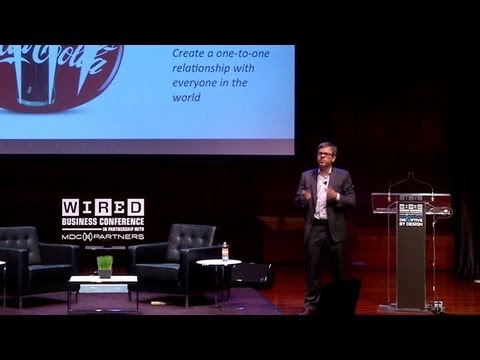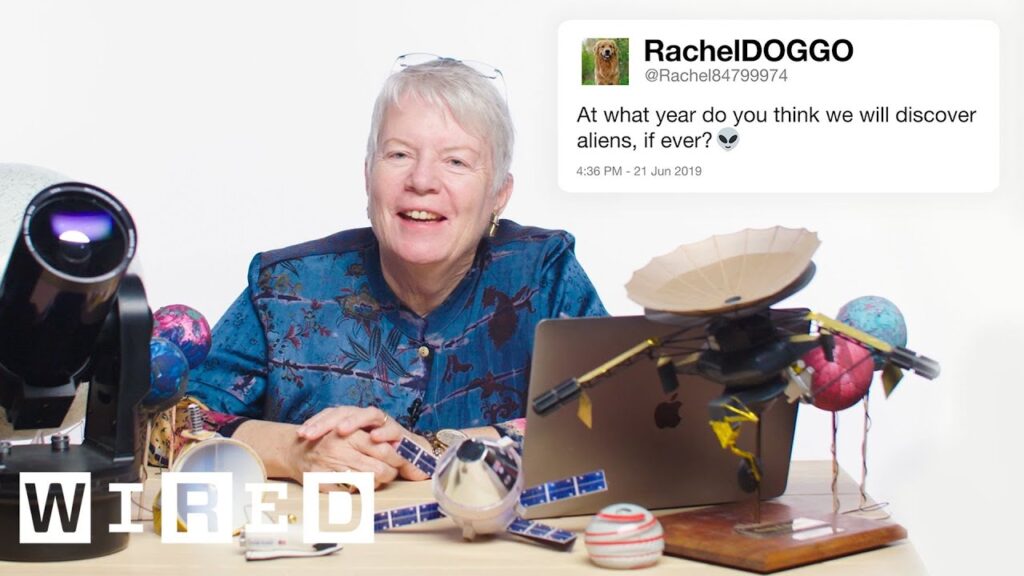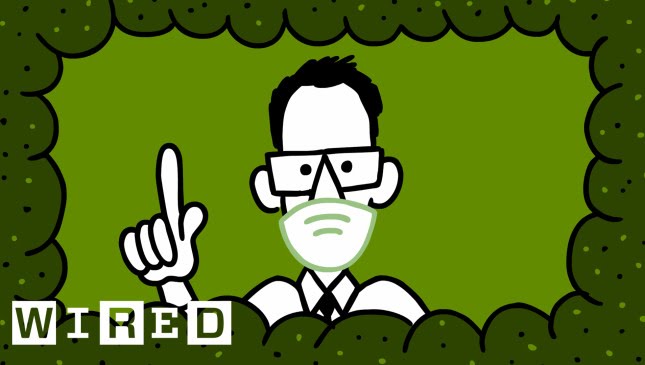The Success of Twitter’s Business Model
Summary
In this article, we discuss the success of Twitter’s business model, which is similar to Google AdWords, where advertisers only pay when people engage with their tweets. We also explore Twitter’s stance on going public, the recent Instagram acquisition, and the potential market bubble. Additionally, we discuss Twitter’s stance on free speech and political expression, their role as the “second screen” during events, and their approach to sentiment analysis.
Table of Contents
- Twitter’s Business Model
- Going Public and Market Bubble
- Free Speech and Political Expression
- Twitter as the “Second Screen”
- Sentiment Analysis
Twitter’s Business Model
Twitter’s business model, which is similar to Google AdWords, has been successful. Advertisers only pay when people engage with their tweets, which ensures that Twitter prioritizes user experience and longevity over short-term revenue. We are confident that this approach will continue to be successful.
Going Public and Market Bubble
We have no plans to go public and are satisfied with the growth of our company. The idea of a window of opportunity for going public is short-sighted and not necessary if a business is growing in a satisfactory way. We are unsure whether the current market is in a bubble or not and do not pay attention to that kind of information. Decisions about acquisitions and financing should be based on whether they are cheap or expensive, rather than on whether the market is in a bubble.
Free Speech and Political Expression
We believe that our platform should allow pseudonyms to protect political speech in countries where it is restricted. We will not make sacrifices to our values in order to enter a country where they are blocked, such as Iran.
Twitter as the “Second Screen”
Twitter has become the “second screen” during events, where people can follow along and participate in real-time conversations. We are working to tie the real world and digital experiences together.
Sentiment Analysis
We will rely on third parties to provide sentiment analysis due to the difficulties in extracting irony and other intricacies in sentiment analysis on Twitter.
Conclusion
Twitter’s success can be attributed to their unique business model, prioritization of user experience and longevity over short-term revenue, and commitment to free speech and political expression. As Twitter continues to evolve, they will undoubtedly face new challenges, but their dedication to their values and innovative approach to social media will ensure their continued success.






